Apple Cider Vinegar For Natural Hair: Benefits & Side Effects
Combat unhealthy pH levels, bacterial and fungal infections, dandruff, and other hair issues.

Image: Shutterstock
If you have type 4 hair and are looking for natural hair maintenance solutions to boost hair and scalp health, apple cider vinegar (ACV) can help. You can use apple cider vinegar as a hair treatment to restore the scalp’s pH and aid in removing product buildup. Apple cider vinegar is a common ingredient in DIY hair care recipes and is preferred for its numerous benefits like hair growth, strength, and adding shine. Apart from balancing the pH and clarifying the scalp, ACV can prevent flaking, reduce itching, and add shine to your hair. This article examines the benefits of apple cider vinegar, how to use it and prepare it at home, and its potential side effects. Keep reading.
 Trivia
TriviaIn This Article
Benefits Of ACV For Natural Hair
1. Balances Hair pH
An alkaline hair pH can cause damage. The healthy hair pH lies between 4.5 and 5.5. But most hair care products are not pH-balanced and may disturb the natural pH of the hair (1). Apple cider vinegar is mildly acidic and contains acetic acid, which has a low pH (2). Some believe it may balance the scalp pH, though more research is warranted in this regard.
2. Has Antibacterial And Anti-fungal Properties
Apple cider vinegar is said to possess antifungal and antibacterial properties.
The acetic acid in ACV helps prevent fungal growth (3). It also helps prevent bacterial growth and keeps your scalp and hair healthy. The phenolic compoundsi Bioactive compounds found primarily in plant tissues, including simple phenols, phenolic acids and flavonoids, that promote hair growth. in ACV exhibit antimicrobial and antioxidant properties and acts against fungal and bacterial growth (4). The antimicrobial activity of ACV acts against certain microbes like E. coli and S. aureus (5).
3. May Help Treat Dandruff
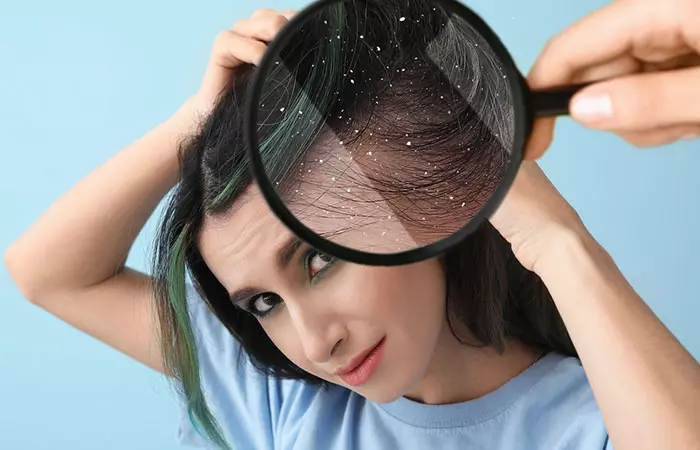
Apple cider vinegar was found to help treat scalp issues like dandruff and itchiness (6). The antifungal and antibacterial properties of apple cider vinegar may help relieve an itchy scalp or dandruff (4). However, more research is needed in this regard.
4. May Help Remove Product Build-up
Anecdotal evidence suggests that apple cider vinegar exfoliates your scalp and removes product build-up and dead skin cells. Excess scalp oil secretion and using different hair care products can block the scalp pores and cause irritation. ACV may help remove scalp build-up and boost hair health. However, limited research is available in this regard.
5. May Boost Hair Shine

While many ingredients in your hair care products open your hair cuticlesi The outermost layer of the hair shaft, that's made up of layers of dead cells to form scales that strengthen and shield the hair. , some believe apple cider vinegar closes them. This can smoothen your hair strands. Opened hair cuticles are prone to dryness, breakage, and frizz. But anecdotal evidence suggests that ACV makes your hair strands shinier and brighter.
6. May Help Minimize Scalp Acne
ACV is a popular home remedy whose antifungal and antibacterial properties are believed to help treat scalp acne. The vinegar works by targeting the underlying causes like excess oil, clogged hair follicles, and bacteria. All you need to do apply diluted ACV solution to your hair after shampooing and conditioning. Let it rest for 20 minutes before you rinse with cool water.
Applying diluted ACV to the scalp may restore its pH balance and alleviate any inflammation associated with acne. However, do note that further research is required to substantiate these claims.
Margaret Matheny, a vlogger, spoke about her experience of using apple cider for 30 days to combat flakiness, itchiness, and hair thinning. She said, “ I don’t have flakiness anymore; I don’t wake up in the middle of the night to itch my scalp, my hair thinning has substantially subsided (i).”
You can use ACV on your natural hair in many different ways. But the most popular method is an ACV rinse. It adds a natural shine to your hair, conditions, removes product build-up, fights frizz, and also helps detangle your natural hair. But, how to prepare an apple cider vinegar rinse for natural hair? Keep reading.
Key Takeaways
- The antioxidant and antibacterial properties of apple cider vinegar (ACV) prevent bacterial and fungal growth.
- This way, ACV helps prevent flaking and itching of the scalp and exfoliates it by removing excess sebum, dirt, and product buildup.
- Always use freshly extracted ACV for effective results and make it a point to dilute it before using.
- Always be sure to dilute ACV before using and follow up with a moisturizing conditioner.
How To Prepare ACV Rinse For Natural Hair
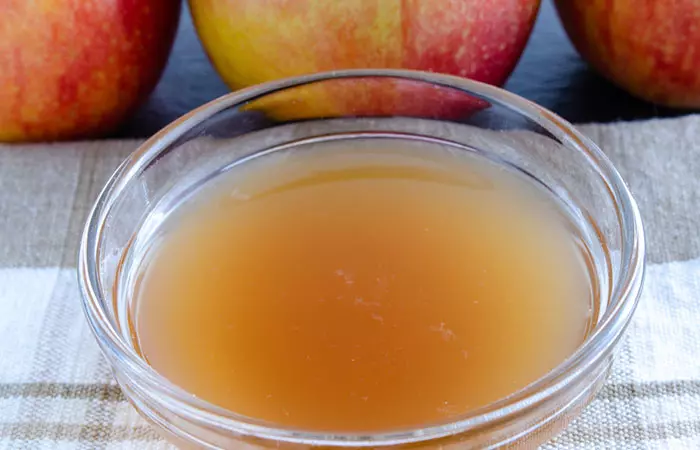
You can prepare an ACV rinse with two simple ingredients. Always prefer to use freshly prepared ACV rinse for your hair. Some people use coconut oil to moisturize and detangle their hair before applying ACV. But there is no need to condition your hair as ACV itself is a natural conditioner.
You Will Need
- Water, 8 oz. (1 cup)
- Raw apple cider vinegar, 2 to 4 tablespoons
- A spray bottle
Process
- Pour the raw apple cider vinegar into a spray bottle.
- Add water to ACV in the required quantity.
- Shake the mixture vigorously.
You can use this ACV rinse as per the requirement and condition of your hair and scalp. Scroll down to know how to use the ACV rinse for your natural hair.
How To Use ACV Rinse For Natural Hair
Always choose unfiltered, organic ACV for natural hair.
This raw ACV has a cloudy appearance and contains all beneficial nutrients. But dilute it with water as it contains acetic acid and is acidic. Undiluted ACV may cause scalp irritation.
- Dilute one part of apple cider vinegar with two parts of water and spray it over your hair with the spray bottle.
- Give a gentle massage to your scalp and apply it to the hair shafts. This brings some shine to your natural hair.
- Soak your hair wet in the diluted apple cider vinegar.
- Cover your hair with a shower cap and wait for 5 minutes and wash it with lukewarm water.
- Continue with your hair wash routine.
You can use this ACV rinse after your hair wash. Also, adding other herbal ingredients to the ACV can enhance the properties of your hair rinse.
 Did You Know?
Did You Know?That said, are you aware of ACV hair masks? They are easy to prepare, provide thorough scalp and hair cleansing, and give hair nourishment. Scroll down to find out more.
ACV Hair Mask For Natural Hair
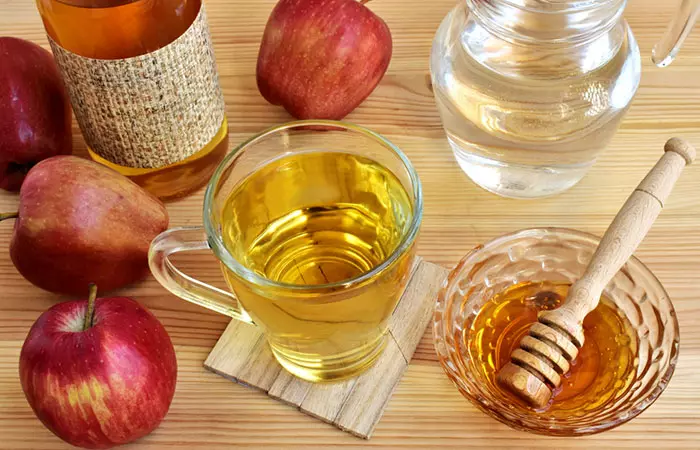
The hair mask is made of ACV, honey, and olive oil. ACV removes the excess oil and dead skin cells from the scalp. Honey contains hair conditioning and moisturizing properties (7). Olive oil is said to possess emollient propertiesi The property of an ingredient to moisturize dry, chapped, and flaky skin to make it healthy, soft, smooth, and supple. that help condition your hair (8). The combination of these three ingredients improves your hair health.
You Will Need
- Apple cider vinegar, 1 ½ tablespoon
- Olive oil, 1 tablespoon
- Honey, 2 tablespoons
Process
- Mix all three ingredients in a bowl.
- Apply the mixture to your damp hair from the roots.
- Cover your hair with a shower cap.
- Leave it on for 10 to 15 minutes.
- Rinse completely.
This apple cider vinegar hair rinse and hair mask will make your locks look fresh and shiny. These recipes can help restore your hair’s natural shine and texture. But before you try them out, you must know if ACV has any side effects.
Are There Any Side Effects?
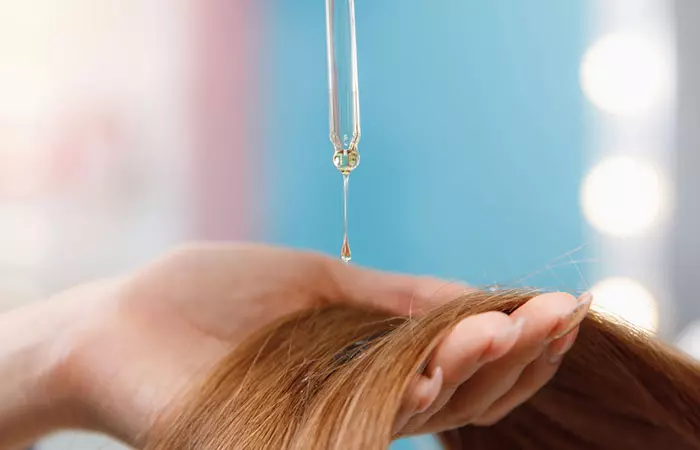
Are there any side effects of washing hair with apple cider vinegar? Though applying ACV to your natural hair has no adverse effects, some people claim that it dries their hair out. Limited research is available to prove this claim. ACV may dry hair out if the ACV to water ratio is right. Hence, be sure to dilute ACV properly before use.
Infographic: Top 5 Benefits Of Using Apple Cider Vinegar For Type 4 Hair
Type 4 hair can be difficult to maintain, and a single mistake may lead to dryness and breakage. The good news is apple cider vinegar can help, from balancing the pH of your scalp to clarifying it. The infographic below will take you through the top five advantages of using ACV for your 4C curly hair. Check it out!

Illustration: StyleCraze Design Team
Using apple cider vinegar for natural hair is an excellent remedy for various hair issues. It helps balance hair pH, has antifungal and antibacterial properties, helps treat dandruff, boosts the hair’s shine, and helps reduce the product build-up. You can prepare ACV rinse with simple ingredients and use it as a spray on the hair or soak wet hair in the diluted apple cider vinegar. However, do not use undiluted ACV, as it may trigger scalp irritation. You can also prepare an ACV mask with honey and olive oil to condition the hair.
Frequently Asked Questions
How long should you leave apple cider vinegar on your hair?
Leave apple cider vinegar on your hair for 30-45 minutes and rinse it off. Keeping it any longer than that can strip your hair’s moisture and make it dry.
Do you shampoo before ACV rinses?
Yes. You can use ACV rinses after shampooing to condition your hair and make it shiny.
How often should you use an ACV rinse on natural hair?
You can do an ACV rinse once a week or alternate week. Ensure to dilute it properly and rinse it off thoroughly.
Illustration: Apple Cider Vinegar For Natural Hair: Benefits & Side Effects
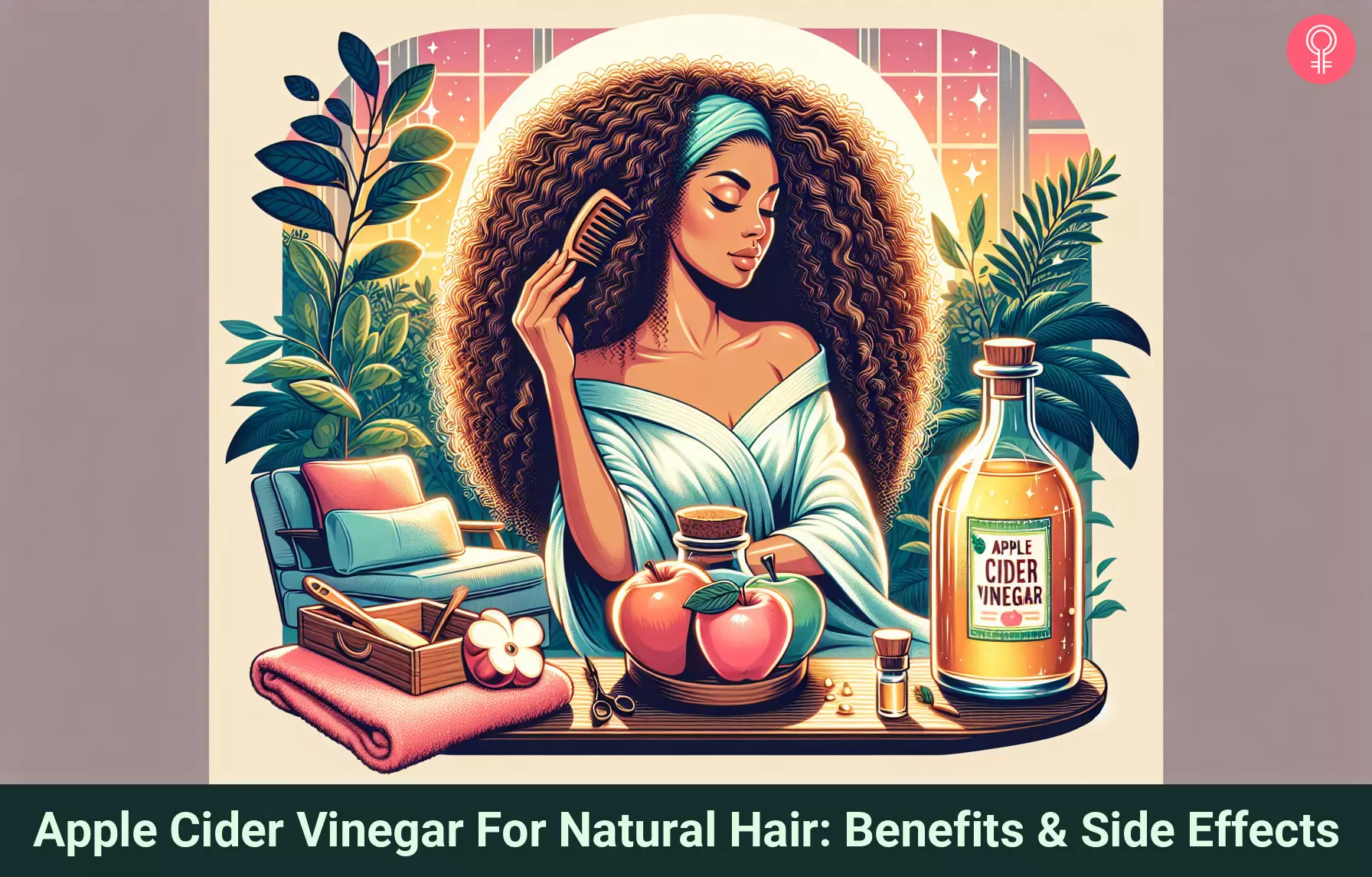
Image: Dall·E/StyleCraze Design Team
Learn how to use apple cider vinegar for your hair. Find out if you can include this simple ingredient in your hair care routine from the video given below.
Personal Experience: Source
StyleCraze's articles are interwoven with authentic personal narratives that provide depth and resonance to our content. Below are the sources of the personal accounts referenced in this article.
i. 30 day challenge | apple cider vinegar hair rinse // shockedhttps://www.youtube.com/watch?v=C8K7kDWV5a8
References
Articles on StyleCraze are backed by verified information from peer-reviewed and academic research papers, reputed organizations, research institutions, and medical associations to ensure accuracy and relevance. Read our editorial policy to learn more.
- The Shampoo pH can Affect the Hair: Myth or Reality?
https://www.ncbi.nlm.nih.gov/pmc/articles/PMC4158629/ - Acetic Acid, the Active Component of Vinegar, Is an Effective Tuberculocidal Disinfectant
https://www.ncbi.nlm.nih.gov/pmc/articles/PMC3940030/ - Growth inhibition of a phytopathogenic fungus, Colletotrichum species by acetic acid
https://pubmed.ncbi.nlm.nih.gov/14717453/ - Authenticating apple cider vinegar’s home remedy claims: antibacterial, antifungal, antiviral properties and cytotoxicity aspect
https://pubmed.ncbi.nlm.nih.gov/29224370/ - Antimicrobial activity of apple cider vinegar against Escherichia coli, Staphylococcus aureus and Candida albicans; downregulating cytokine and microbial protein expression
https://www.ncbi.nlm.nih.gov/pmc/articles/PMC5788933/ - Ethnopharmacological survey of home remedies used for treatment of hair and scalp and their methods of preparation in the West Bank-Palestine
https://www.ncbi.nlm.nih.gov/pmc/articles/PMC5499037/ - Honey in dermatology and skin care: a review
https://pubmed.ncbi.nlm.nih.gov/24305429/ - Shampoo and Conditioners: What a Dermatologist Should Know?
https://www.ncbi.nlm.nih.gov/pmc/articles/PMC4458934/
Read full bio of Tere Pruett
Read full bio of Arshiya Syeda
Read full bio of Ramona Sinha
Read full bio of Medha Deb







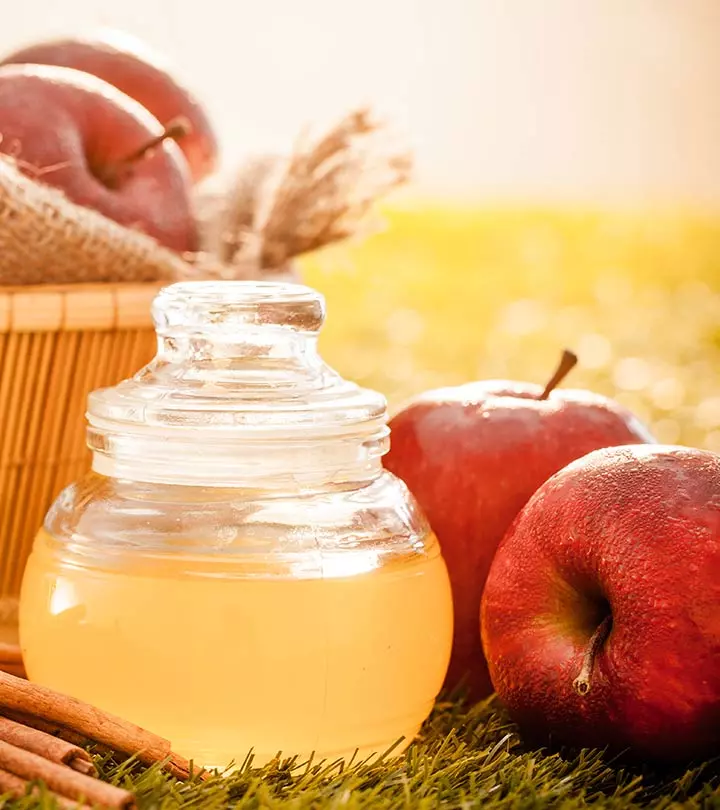
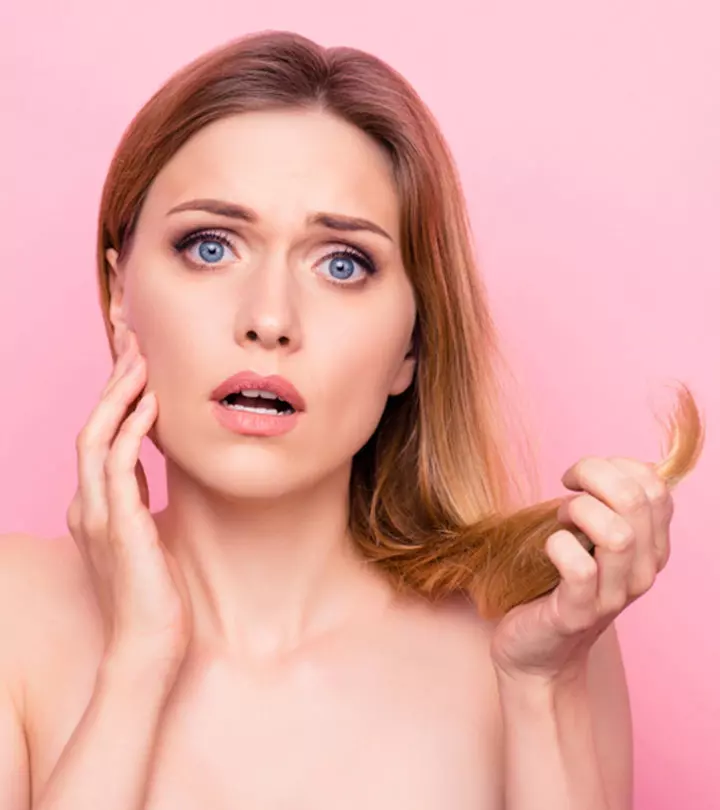
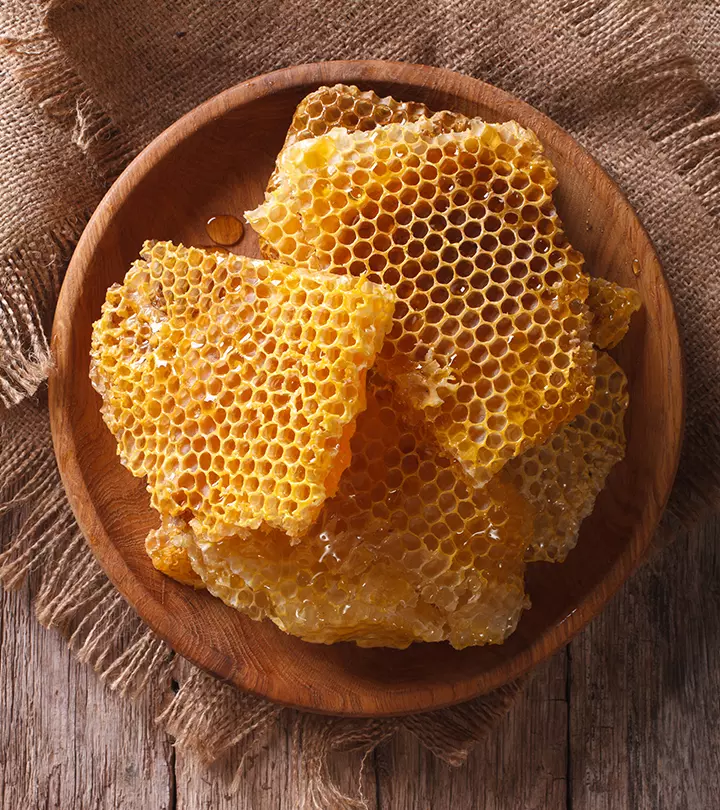
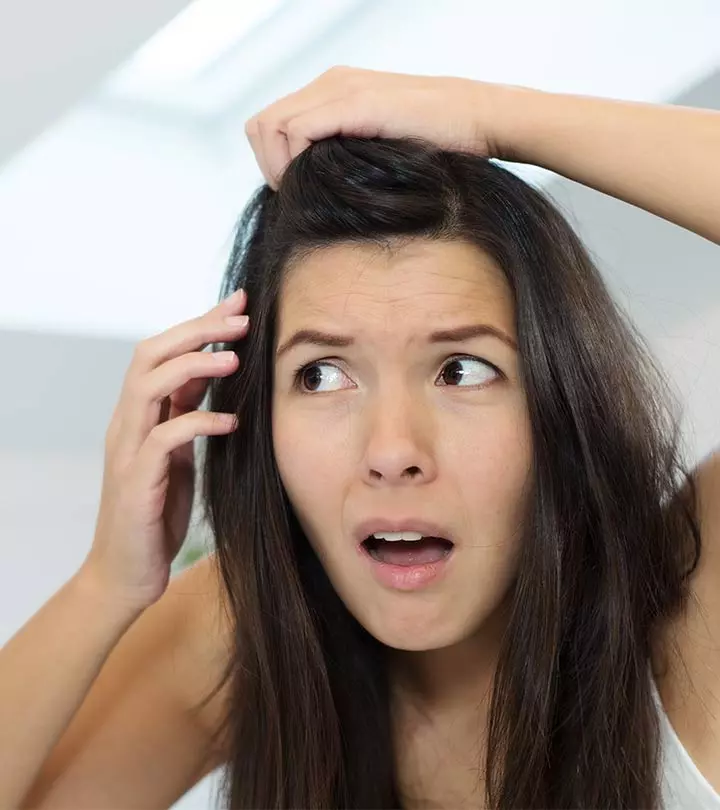



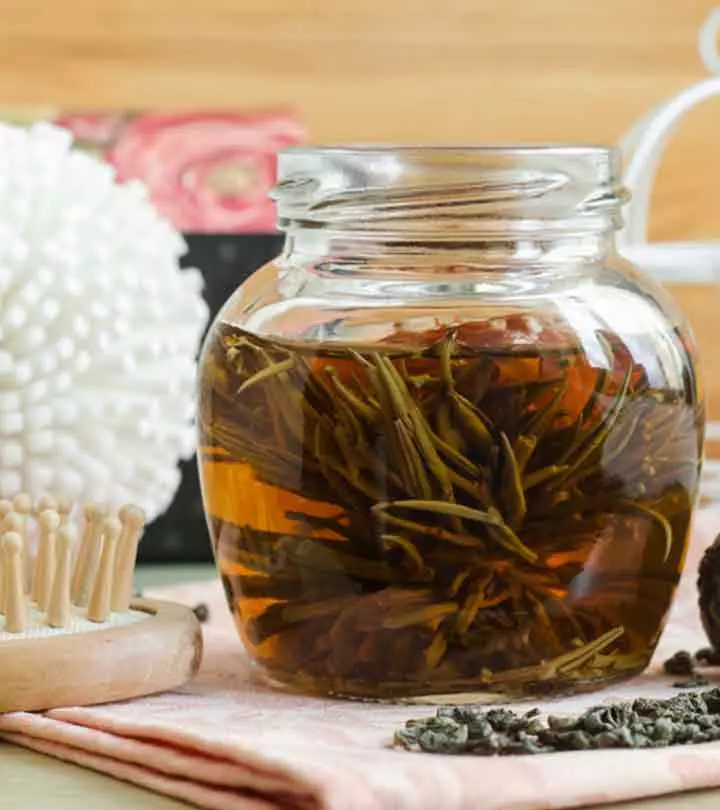
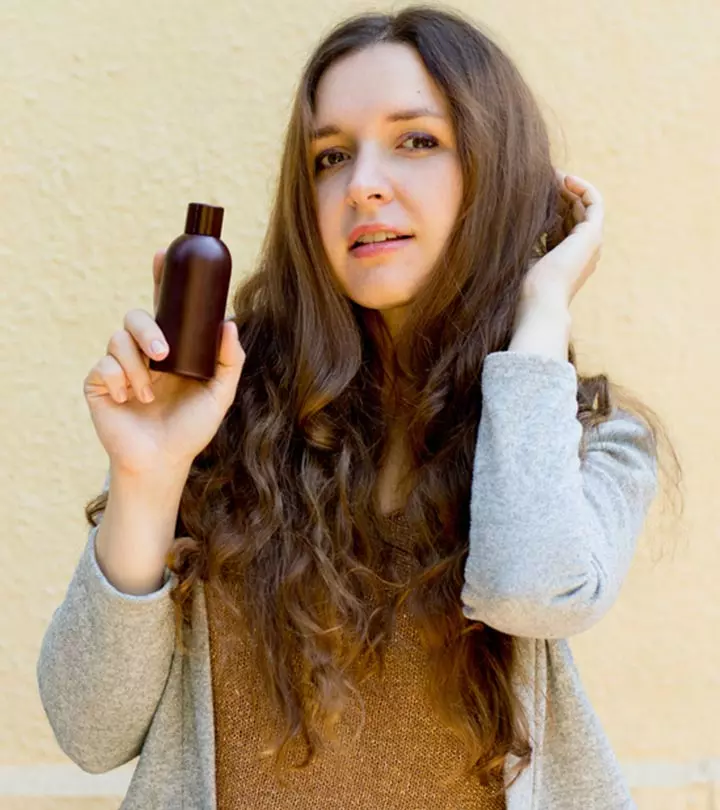
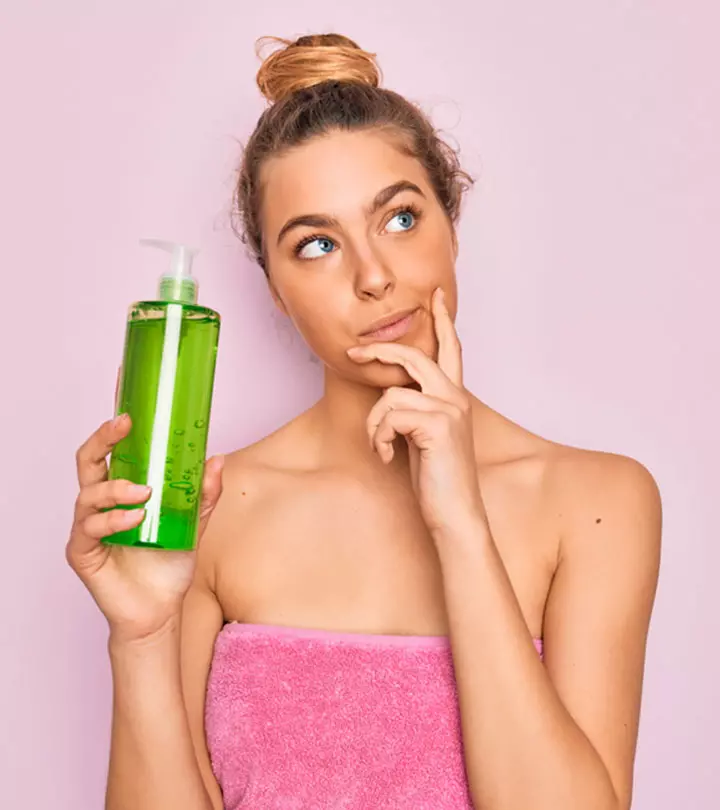

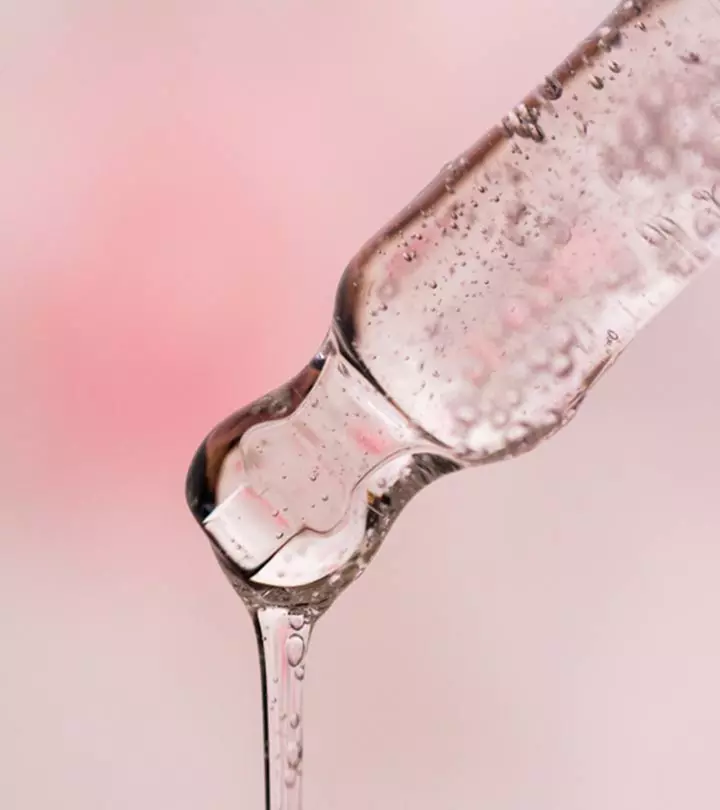
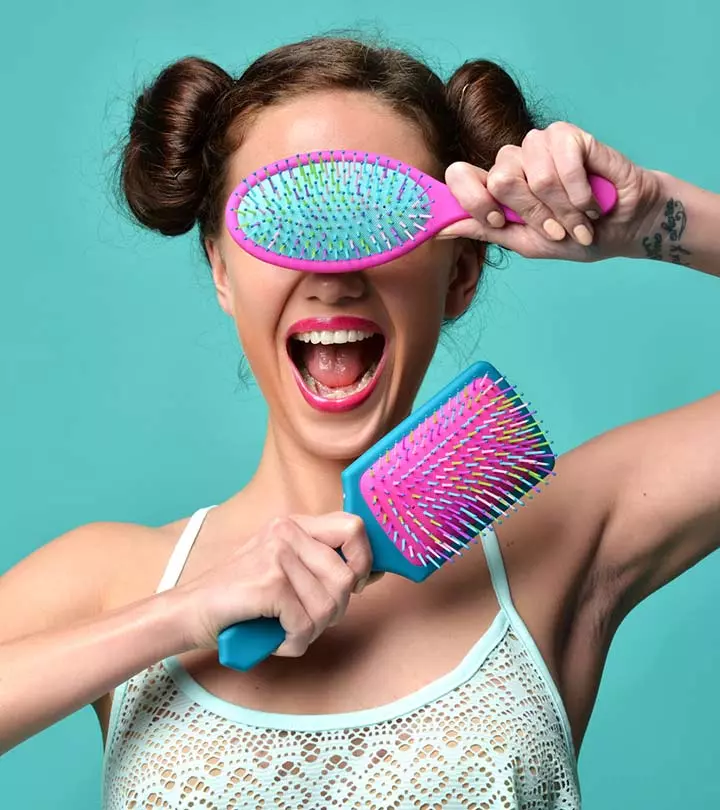
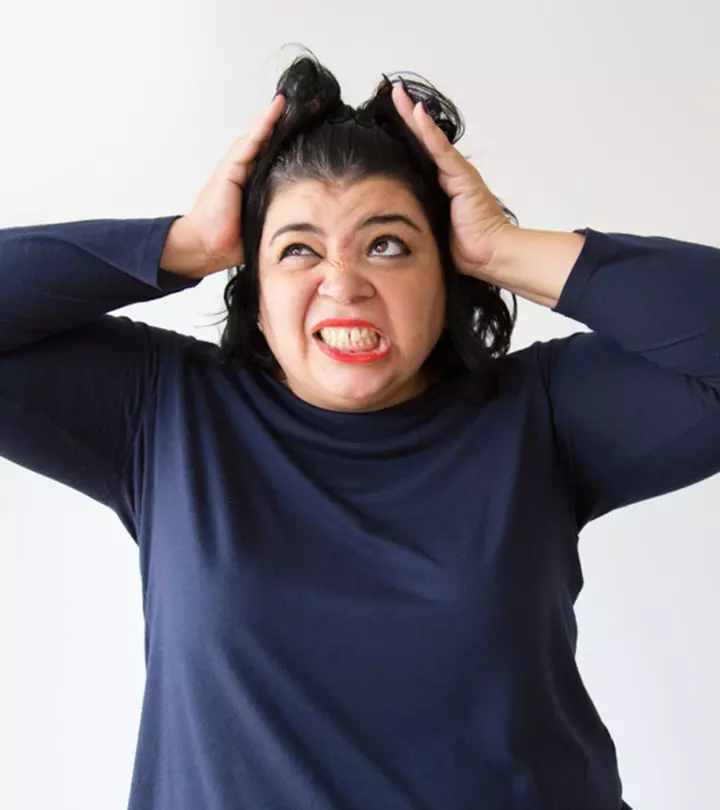
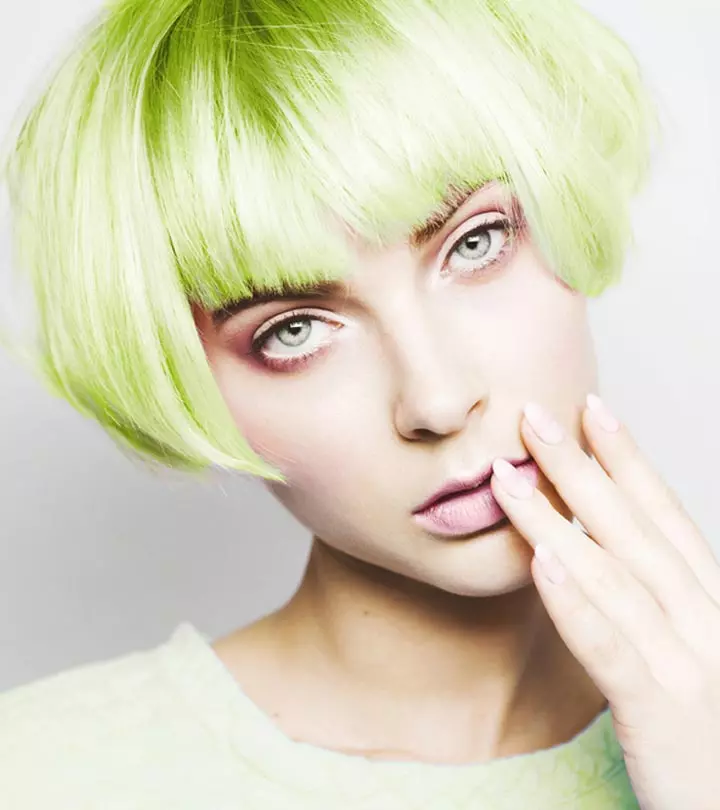
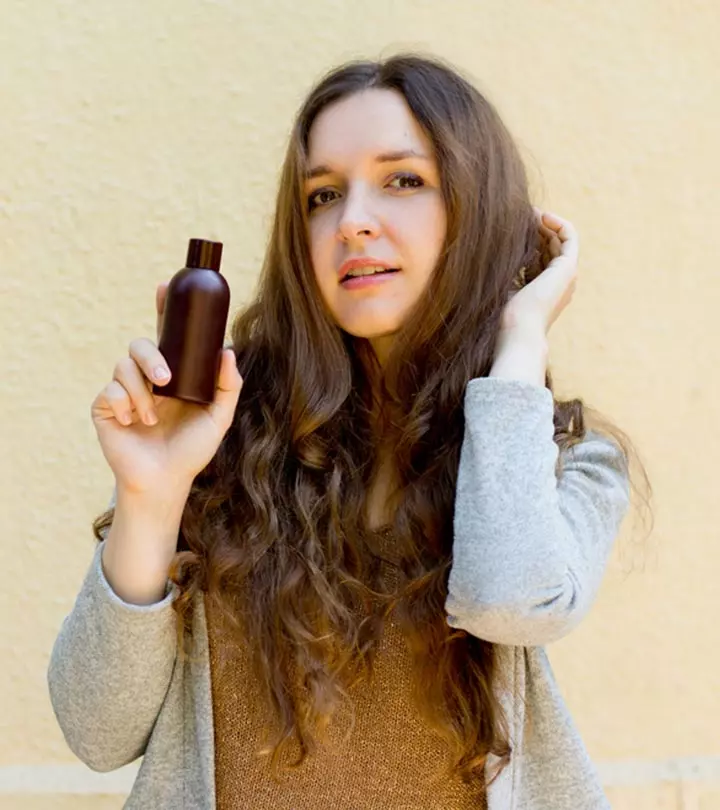

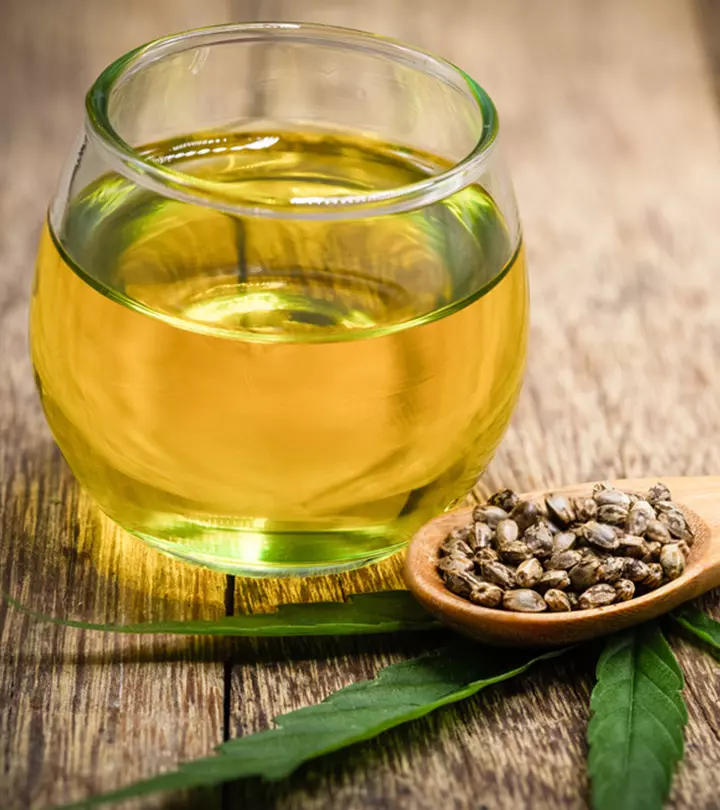
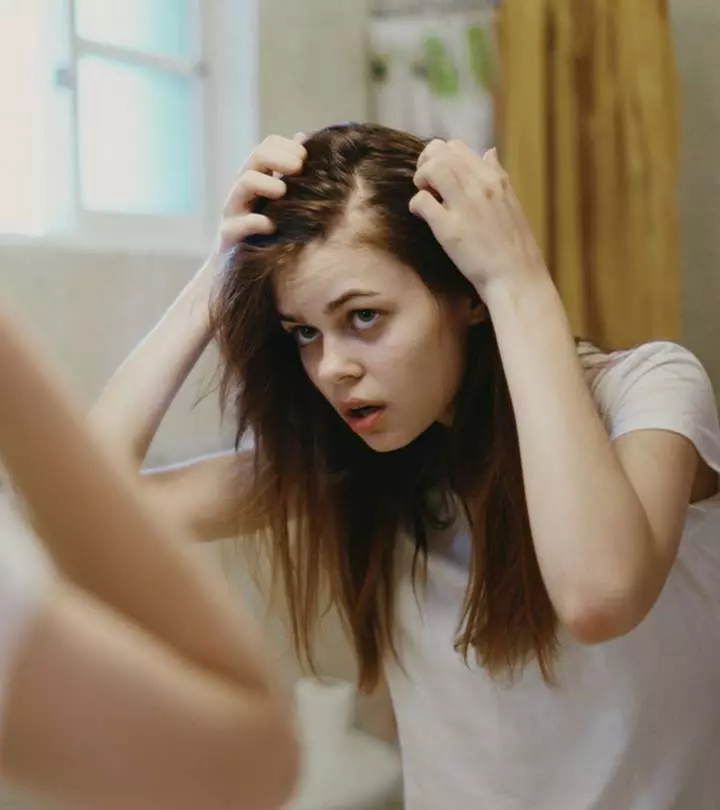
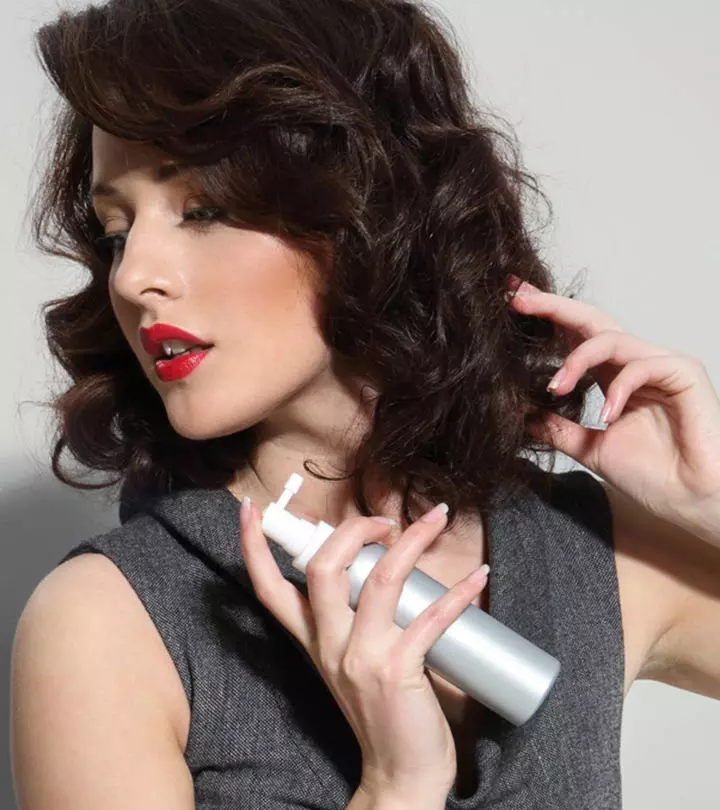
Community Experiences
Join the conversation and become a part of our empowering community! Share your stories, experiences, and insights to connect with other beauty, lifestyle, and health enthusiasts.